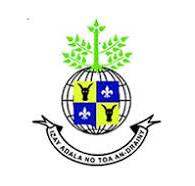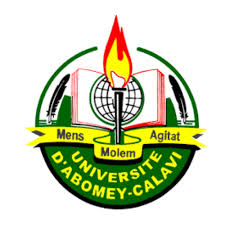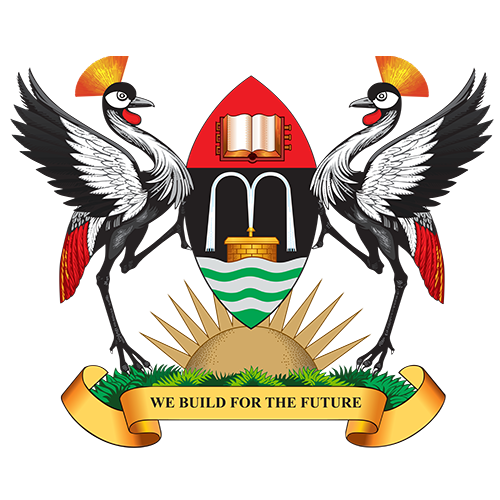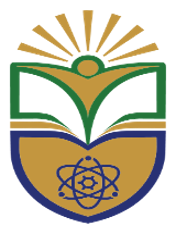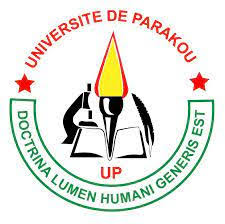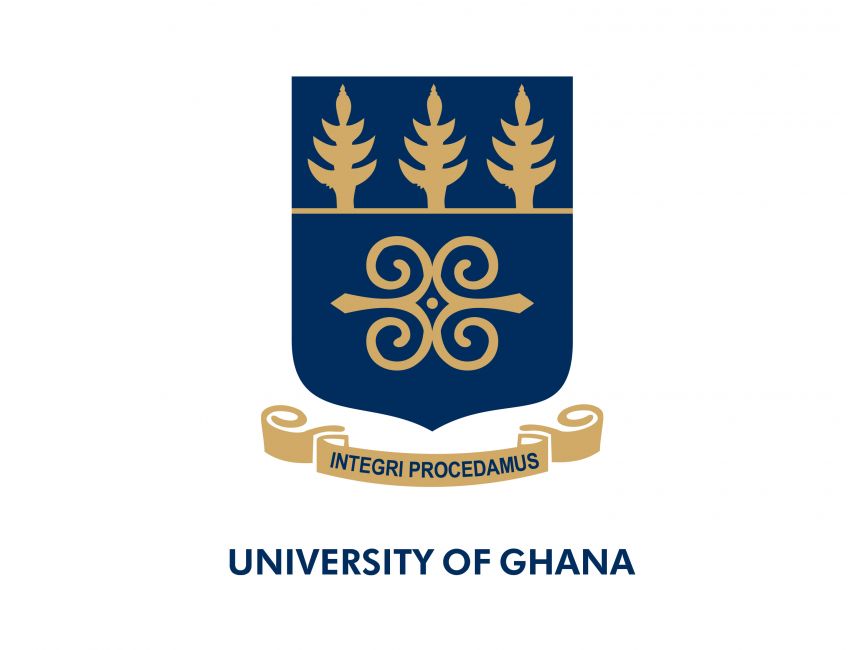Overview
Natural resources in Africa are being depleted at an alarming rate due to unsustainable human activities, climate change, and population growth. This summer school aims to build a critical mass of skilled young natural resource scientists through training and mentorship.
Investing in young scientists who are committed to take lead in sustainable management of Africa’s natural resources is very important. To this effect, SNRM summer schools have been implemented in sessions mounted in 2019, 2020, and 2022 with support from Volkswagen Foundation, to build a critical mass of skilled and competent young natural resource scientists in Africa through training and mentorship.
Session 4 (2025) will target competent young scientists (MSc and PhD students) in Africa and Germany to further develop their knowledge and skills in systems thinking, advanced data collection and analysis, and application of emerging digital technologies such as Artificial Intelligence (AI), machine learning (ML), internet of things (IoT), and embracing transdisciplinary approaches. Also, we include an ideation workshop where students can work on real problems to come up with solutions for sustainable transformations in natural resource use.
Program Details
- 📍 Venue: Nairobi, Kenya
- 📅Dates: November 16-28, 2025
- ⏳Duration: 2 weeks (4 modules)
- 🗣️Language: English
Target Participants
- MSc and PhD students under 35 years of age
- Students should be from universities in sub-Saharan Africa and Germany
- Interest in natural resources management
- Fluent in English (written and spoken)
Scholarships & Funding
- Fully funded for 25 participants:
- 20 students registered in a sub-Saharan African University
- 5 students Registered in a German University
- Covers: Air ticket, accommodation, meals, visa, transportation
- Not covered: Travel health insurance (participant responsibility)
Curriculum Modules
Module 4.1: Data Collection I
Skills in data collection for transformative and sustainable management of natural resources (wildlife, forest, water, land, livestock, crops), monitoring techniques, remote monitoring tools, earth observation systems, satellite data, LIDAR, UAV aerial images, in-situ data collection, and analysis using R or Google Earth Engine.
Module 4.2: Data Management and Processing
Introduction to managing large and diverse datasets including time series, spatial, directional, and multivariate data. Practical training in data storage, organization, and conversion using PostgreSQL, R, and Python.
Module 4.3: Ecological Monitoring, Modelling and Management
Teaching participants to anticipate and validate ecosystem trends. Covers ecological monitoring design, population studies, marine ecosystem assessment, socio-ecological systems, climate change impacts, and wildlife prediction systems. Includes field data collection and analysis using R, PAST, and Vensim.
Module 4.4: Natural Habitat Restoration Ideation Lab
Innovation and creativity module focusing on SDG interdependencies. Collaborative work on case studies for transformative natural resource management, including forest restoration, agricultural technologies, water quality solutions, and land degradation reversal.
Application Requirements
Submit through snrmafrica.com:
- Curriculum vitae (maximum 2 pages)
- Letter of motivation (maximum 1 page)
- Confirmation of university enrollment
- Reference letter from academic supervisor (with original signature)
- Project summary of MSc/PhD project (1 page including objectives, methodology, and key findings/expected outcomes)
Important Dates
- Application Deadline: July 10, 2025
- Acceptance Notification: August 22, 2025 (Extended)
- Confirmation Required: September 12, 2025
- Summer School: November 16-28, 2025
Organizers
- Leibniz Universität Hannover (Germany)
- University of Antananarivo (Madagascar)
- University of Abomey Calavi (Benin)
- Makerere University (Uganda)
- University of Ghana (Ghana)
- University of Parakou (Benin)
- The Technical University of Kenya (Kenya)
Funding: Volkswagen Foundation (Germany)
Contact Information
Secretariat: info@snrmafrica.com
Dr. Lydia Olaka: lydiaolaka@tukenya.ac.ke
Prof. Dr. Hartmut Stuetzel: stuetzel@gem.uni-hannover.de
